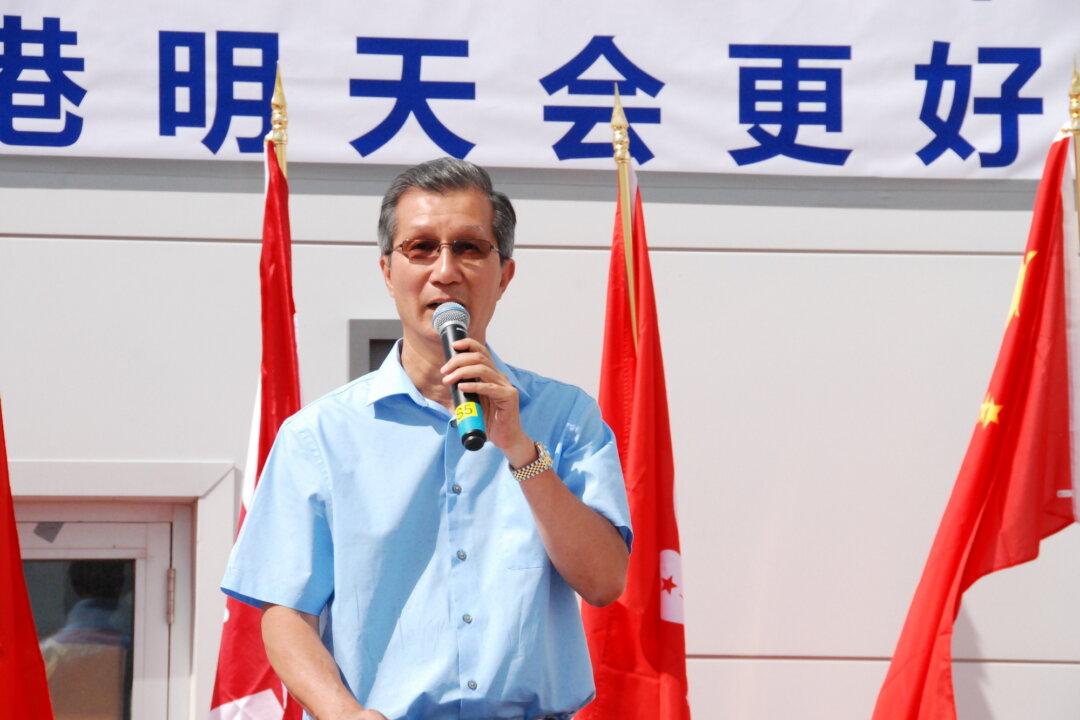Former Ontario cabinet minister Michael Chan has told a Chinese state-owned publication that Beijing’s new Hong Kong national security law has many benefits and will bring stability to the city, the publication says. The law has drawn international condemnation for threatening Hong Kong’s autonomy.
China News Service, the second largest state-owned news agency in China after Xinhua, reports that Chan said in an interview that all countries need national security laws, and that the new legislation will end unrest in Hong Kong.





